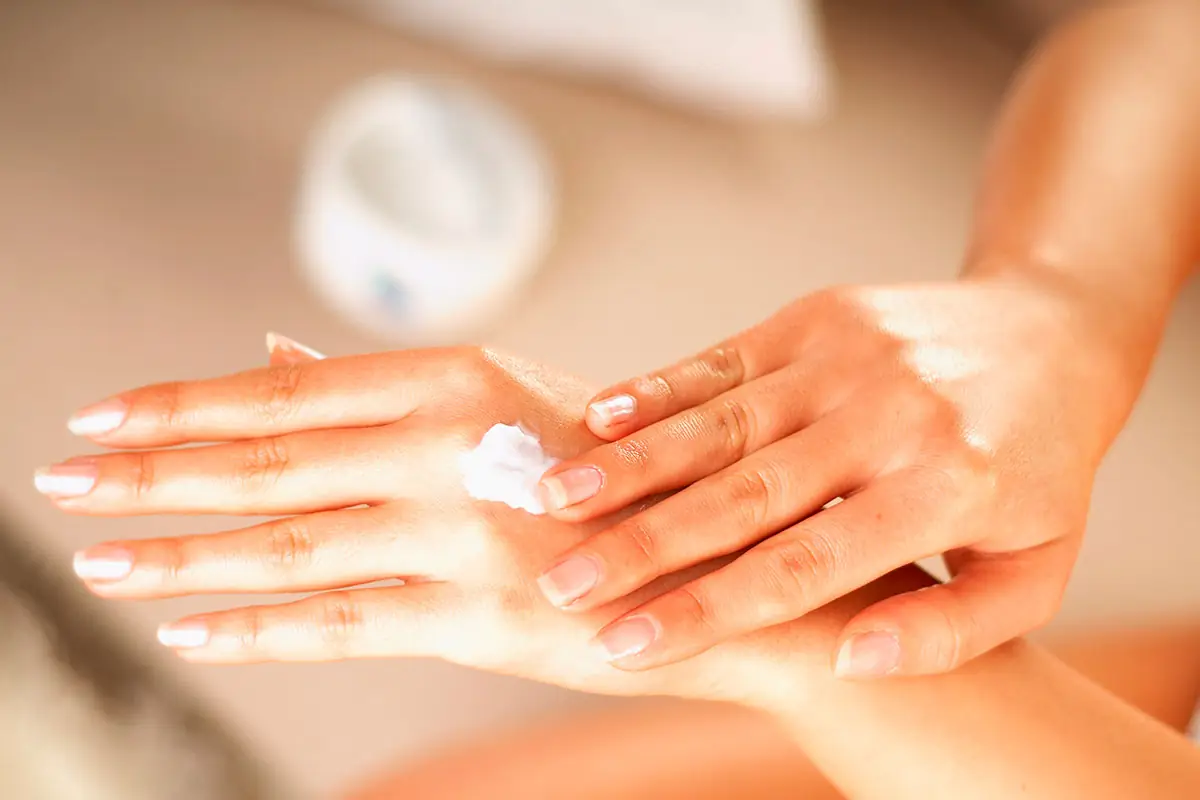At the forefront of innovation in sustainable cosmetic products, we developed a study focused on the microencapsulation of polyphenols extracted from olive pomace, a by-product of olive oil production. Published in the scientific journal Cosmetics, this research demonstrates how microencapsulation improves the stability and efficacy of polyphenols in cosmetic applications, supporting both sustainability and innovation within the cosmetic industry.
Upcycled Polyphenols: Unlocking Value in Sustainable Cosmetic Products
In line with circular economy cosmetics principles, the cosmetic industry is exploring ways to extract and repurpose active compounds found in certain by-products from other industries. Olive pomace, generated after olive oil extraction, is one such by-product traditionally used for low-value purposes such as composting or energy production.
However, olive pomace is rich in polyphenols, natural substances renowned for their antioxidant properties, which help neutralise free radicals and offer significant benefits for skin health. By recovering and upcycling these compounds, the cosmetic sector can incorporate valuable, naturally derived ingredients into innovative formulations, promoting more sustainable cosmetic products.
Microencapsulation: Protecting Bioactive Compounds for Cosmetic Applications
Polyphenols are highly promising ingredients for sustainable cosmetic products, especially in formulations targeting skin protection against oxidative stress. However, they are also highly sensitive to external factors such as light and heat, which can quickly degrade their effectiveness.
Microencapsulation offers an effective solution. By encapsulating polyphenols with carefully selected materials, oxidation and degradation can be minimised, allowing these compounds to be incorporated into skin care products while preserving their bioactivity.
In our study, polyphenols extracted from olive pomace were encapsulated alongside a patented growth factor developed by Inves Biofarm. This innovative approach aimed to extend the shelf life of these compounds, enhance skin absorption, reduce external degradation, and minimise undesirable sensory effects. We also assessed the biological activity of these polyphenols before integrating them into a topical cosmetic cream designed to improve the skin’s barrier function.
Clinical Evidence Supporting Innovation in Sustainable Cosmetic Products
The effectiveness of this cosmetic cream was evaluated in a clinical study involving 30 healthy volunteers with no pre-existing skin conditions. After just one week of application, improvements were observed in key skin barrier parameters, including hydration, temperature, and elasticity.
The results of this comprehensive study were published in Cosmetics under the title “Microencapsulation, Cream Development, and Controlled Clinical Study of an Upcycled Polyphenolic Extract Combined with sh-Oligopeptide-1.” This work highlights the potential of circular economy cosmetics to deliver high-performance, sustainable cosmetic products.
Integrating Sustainable Packaging into Cosmetic Innovation
Beyond cosmetic formulations, microencapsulation also plays a pivotal role in developing active, intelligent, and functional packaging for sustainable cosmetic products. By integrating microcapsules into packaging materials, it is possible to enhance mechanical strength, prolong product shelf life, and introduce antimicrobial protection, an approach that aligns perfectly with circular economy cosmetics strategies.
For example, microencapsulated antioxidant compounds can be embedded within bio-based polymers to create packaging solutions that actively slow down oxidation processes, preserving product quality for longer periods. Additionally, natural extracts and additives can be incorporated into packaging materials during manufacturing, enabling controlled release of active substances and improving resistance to heat and other environmental factors.
This integration of microencapsulation into both cosmetic formulations and packaging systems represents a comprehensive, innovative pathway towards truly sustainable cosmetic products that embrace circularity at every stage of their lifecycle.





